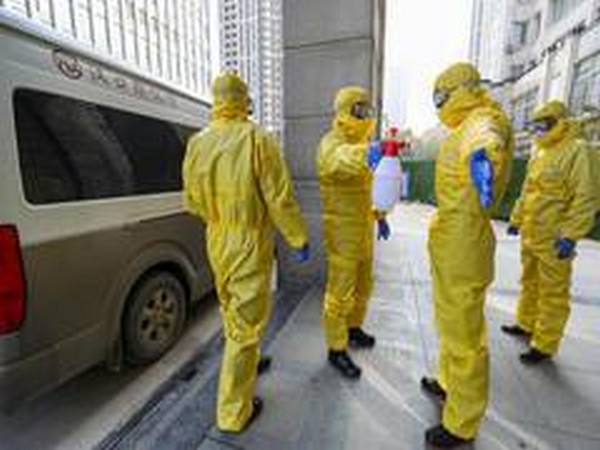World Bank’s surveys in PNG, Solomon Islands show severe Covid-19 impact on families
The new surveys were undertaken in June and July this year across all provinces in both countries, before the significant increase in cases in PNG in August and before the first cases were detected in Solomon Islands by the end of October.

- Country:
- Papua New Guinea
- Solomon Islands
New surveys of families in Papua New Guinea and the Solomon Islands by the World Bank have found that more than 85% of households are using a range of coping strategies to manage the current economic crisis in their daily lives, with more than half of respondents in PNG reporting that they had reduced the number of children at school, and more than half of Solomon Islands respondents saying that they had reduced the amount of food they are eating.
The new surveys were undertaken in June and July this year across all provinces in both countries, before the significant increase in cases in PNG in August and before the first cases were detected in the Solomon Islands by the end of October.
The surveys – the first of five planned over the coming 12 months – provide an important baseline for decision-makers and partners in both countries to track the house-hold level impacts that have been created, or amplified, by COVID-19.
The surveys found that more than 85% of households in both countries had reported using at least one economic coping strategy since March. Of these strategies, in PNG:
52% of those surveyed reporting reducing the number of children attending school;
36% reported selling crops/harvest ahead of the planned time for sale; and
28% reported reducing their food consumption.
In neighboring Solomon Islands:
57% reported reducing their food consumption;
48% had spent money from their savings; and
27% had increased their household debt by delaying loan repayments or making purchases on credit.
Other findings from the surveys include:
Close to 80% of Papua New Guineans and 78% of Solomon Islanders surveyed were worried about their household finances.
In PNG, nearly half (47%) of households working in the agriculture sector are expecting lower or no income from their crops this year;
In the Solomon Islands, the workforce decreased by 10% since January, with women more likely to have stopped working and less likely to start working than men. Of those still working in June, one-third were working for less than what they earned in January or were not being paid at all.
“While both countries’ confirmed case numbers are relatively low by global standards, these surveys provide striking evidence that the household-level impacts of the pandemic are significant,” said Michel Kerf, World Bank Country Director for Papua New Guinea and the Pacific Islands.
In April, the World Bank committed US$20 million to support PNG’s fight against COVID-19, the project has supported the Government of PNG to deliver personal protective equipment to all 22 provinces, scaled up lab-capacity for COVID-19 testing, and supported infection prevention training for health workers and essential frontline workers across all 22 provinces. This has been achieved alongside partners including the Australian Government (DFAT), UNICEF, and the World Health Organisation (WHO).
In May, the World Bank committed US$15 million to build sustainable growth in the Solomon Islands, which supported the government in meeting some of the costs of COVID-19 preparedness. This assistance, which was planned before the COVID-19 pandemic, was increased, on request of the government, from US$9.9 million to US$15 million to better support the country to meet the challenges of COVID-19’s impact on economic growth and government revenue.
The World Bank works in partnership with 12 countries across the Pacific, supporting 83 projects totaling US$1.75 billion in commitments in sectors including agriculture, aviation and transport, climate resilience and adaptation, economic policy, education and employment, energy, fisheries, health, macroeconomic management, rural development, telecommunications, and tourism.










